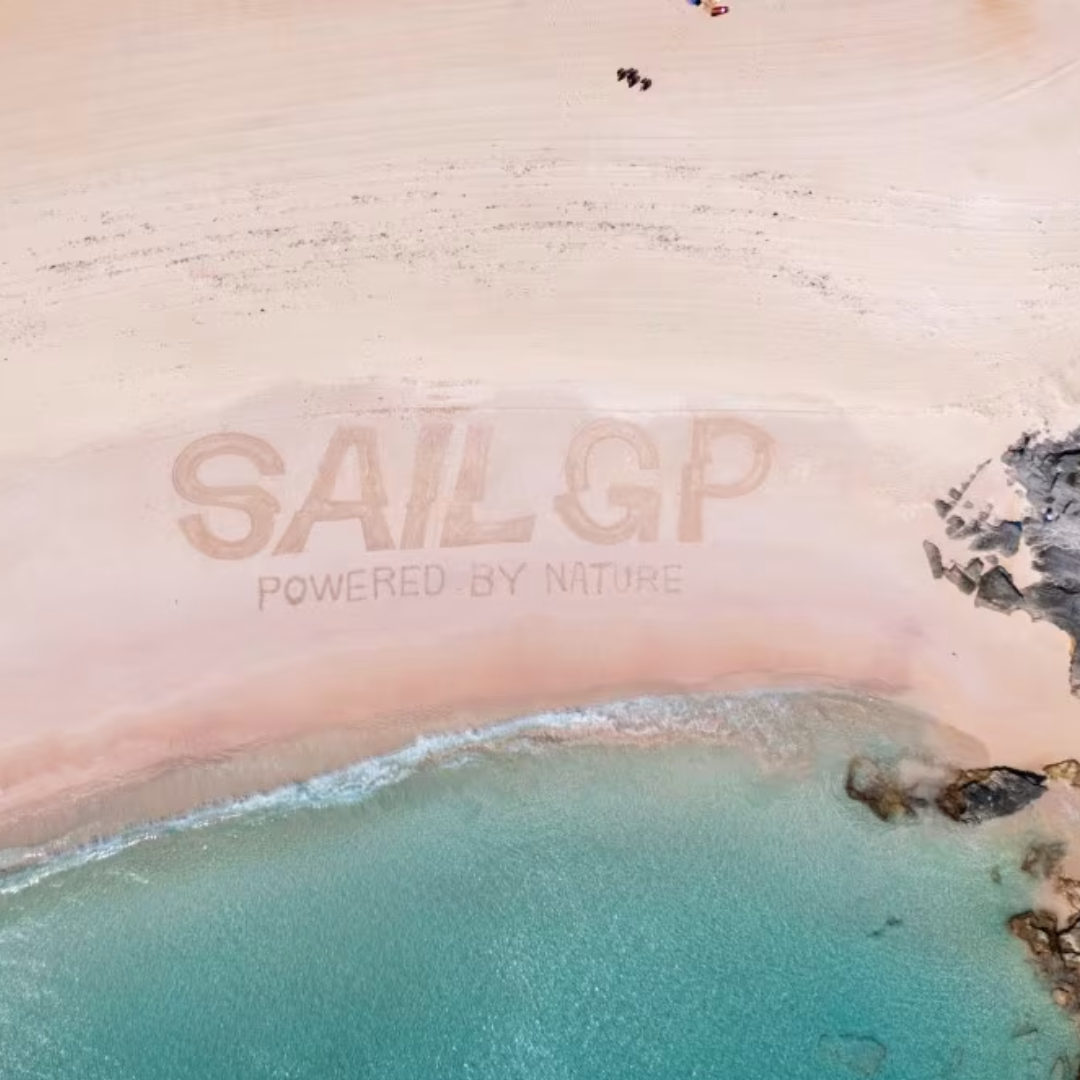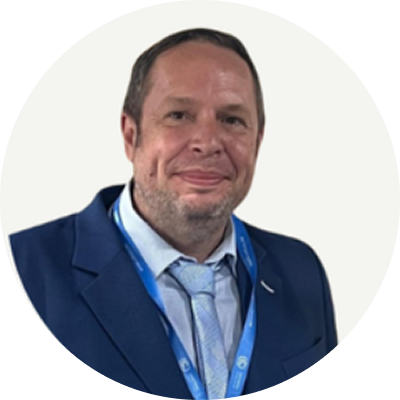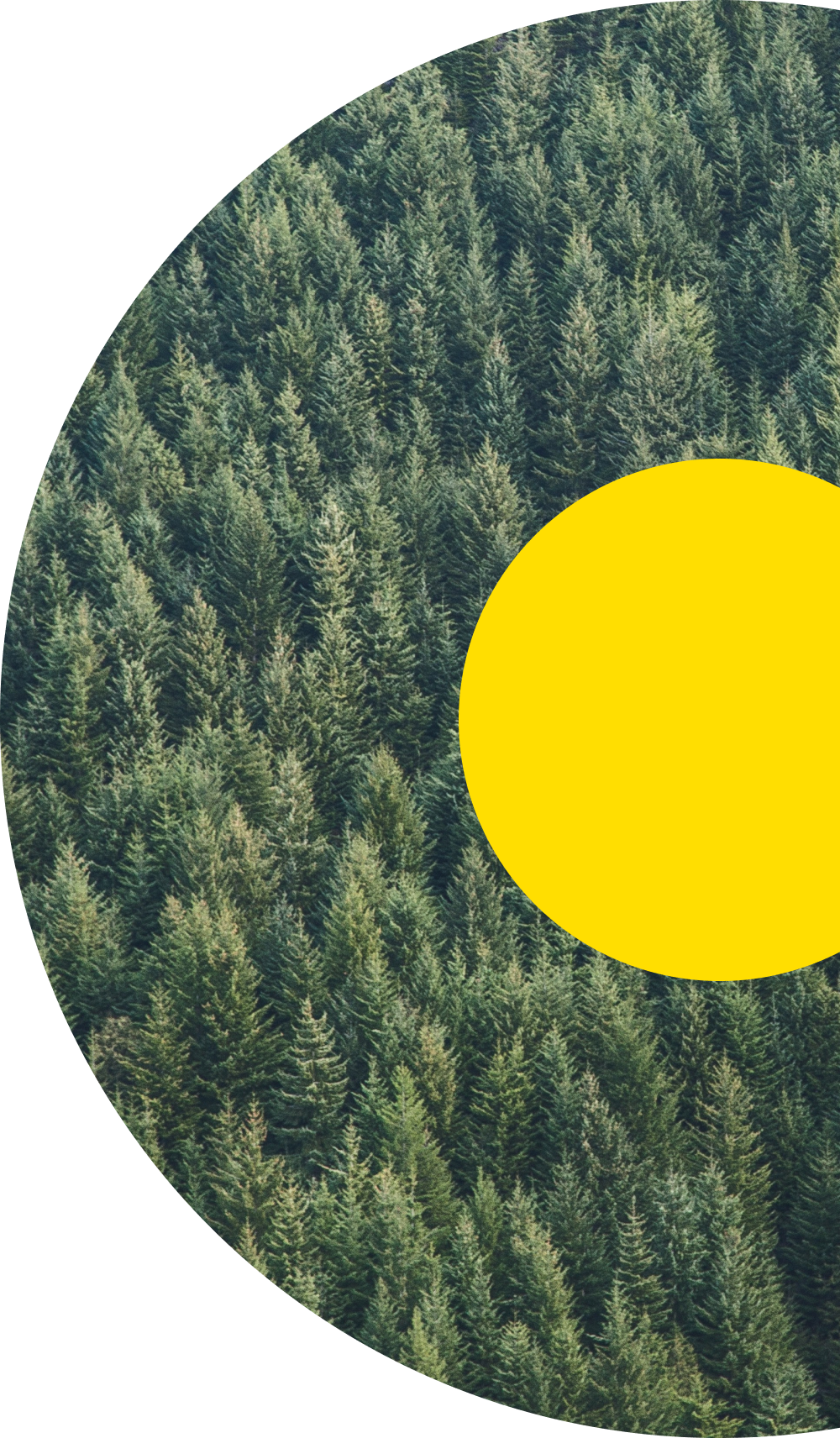The People Equation: The Human Science Driving Climate Action
By Madeleine Garlick, Africa Director at One Carbon World
 Watch Video
Watch Video.png)
''Science and policymaking thrive on challenge and questioning; they are vital to the health of inquiry and democracy'' – Lord Nick Stern
A UK politician recently said: "We have had enough of experts". What underpinned this sentiment?
The full quote, in fact, said that people "have had enough of experts with organisations with acronyms saying that they know what is best and getting it consistently wrong”. So, as ever, the devil is in the detail, and beware of a selectively-quoted quote!
The full quote gets at two underpinning truths. The first is that the world is indeed full of many acronyms, which smart folks often use to exert a rather geeky form of bureaucratic power over others. So, whilst as a former civil servant, I am sadly rather attached to acronyms, there probably is something in this. Let's use plain language, where we can, to include everyone in debates (this is the moment where I apologise in advance for all the acronyms in this science-based blog...)
The second idea, that people are fed up with being disappointed by (numerous) voices of authority, especially on matters that impact their lives deeply, might apply as much to politicians as to scientific 'experts'. Governments worldwide are increasingly called to account in the social media-fuelled short-term public discourse. Informed scrutiny is a valuable part of a free media. But the mistrust from some in the media for scientific expertise is dangerous in our modern, interconnected world, so heavily reliant on technology. We need to take seriously where scientists are objectively warning of the impacts on the natural environment from man-made/human-induced climate change. The recent reporting about the world's worst and most widespread ever coral bleaching event in 2022/3 is just one example.
The Science-policy interface has always been a delicate space, made more so by debates around COVID in 2020. Caution is needed to make sure everyone asks the right questions and understands the parameters within which the answer(s) and option(s) (yes, there can be multiple) are situated. SB62- the UNFCCC's scientific gathering, and its sister entity SBSTTA (extra T!) for the Biodiversity Convention were created to join up science and policy. To play a vital role in linking the scientific information provided by expert sources, such as the IPCC, on the one hand, and the policy-oriented needs of the COPs (Global Governments) on the other hand. One Carbon World’s Vice-President Faye O’Connor is at SBSTA this week to keep our finger on the pulse of scientific developments.
But back to science, and call for it to be 'right'. Whether 'experts' need to be more consistently 'getting things right' is, I think, a misunderstanding about the scientific method itself. Scientists will tell you that they often get things wrong 100 times before they get the outcome they had been seeking or expecting—the art of exploration and innovation demands getting things wrong sometimes. The knack is that you explain your assumptions, don’t rule out unexpected outcomes, and learn from data as it evolves. 'Getting things wrong', that is, unexpected outcomes, means you can course-correct and learn, to get back onto the path. When scientists get together, debate, iterate and then pronounce, this is powerful. And this is where the vast majority of climate scientists agree: we are heading towards dangerous climate change.
A number of the global verification schemes are currently revising their methodologies with the (welcome) intention of moving with the times to the developing space of carbon counting - otherwise known as MRV (Monitoring, reporting, and Verification). Methodologies, scientific models and approaches are moving fast, and global bodies haven't always kept up with innovation on the ground. I recently had the privilege to meet Ambassador Philip Thigo, H.E President Ruto of Kenya’s Technology envoy. Ambassador Thigo talks about the imperative for establishing ‘digital trust’ in the carbon markets space- using technology, to reassure, question, evolve and iterate our approaches.
This is an inherent tension in the carbon market ecosystem. Global verification and certification bodies are (rightly) called to account for ensuring consistency, transparency, and accountability to the markets and citizens. But too often you hear that they are not flexible and nimble enough to capture complexities on how people and projects are improving their sustainability. It's also essential that the perfect isn't the enemy of the good in this space. Since their inception, carbon markets have evolved on a 'learning by doing' basis, and the verification and certification bodies need to keep up with events on the ground. OCW is pleased to be contributing our experience and views to the evolution of many of these processes.
On the topic of evolving human science, one of the errors that early conservation advocates made, notably in Africa, was looking at ecosystem health and resilience without considering a key species living with them: humans. Poorly designed conservation attempts, often undermined by a lack of respect for traditional ways of life and subsistence needs, failed: because communities were not engaged, understood, and their needs woven into the design of interventions.
Modern conservation has now (mostly) moved on. I'm a big fan of the efforts made by the Viruga national park and their Rangers, who are drawn from, and work with, the communities in and around the park, in intensely difficult conditions, given wider conflicts afoot in the Great Lakes region (they also make a point of employing women rangers). The Park is clear they must consider the natural and human governance ecosystems as inherently intertwined, to design effective strategies to protect the Park's Great Apes.
Many early projects aimed at avoiding deforestation also encountered problems due to the failure to consider forest communities' needs and legitimate asks. This requires continued vigilance as African Carbon markets look set to scale up over the coming years. Well-designed projects will build trust from the onset, and early engagement paired with co-designed projects offers scope for success.
Another example of not placing science at the heart of good practice, was the widespread planting of non-native species across Eastern and Southern Africa in the last century. These species were planted to generate fast-growing timber to feed the growth in cities and demand for fuel for growing populations. I don’t know if the scientific establishment at the time cried foul about the damaging effect many of these species had on water courses and local biodiversity. But it is widely understood now that this sort of uncontrolled monocropping of forests causes huge amounts of disruption.
There is now a wealth of African scientific study which is informing efforts to undo this damage, and substitute mono-plantations with diverse native planting. This is a carefully calibrated process and needs the engagement of communities, scientists and policy makers. I was deeply impressed by the efforts of KEFRI, the Kenyan forest research entity, who are working hard to ensure a steady stream of diverse seedlings and seeds to the burgeoning market in Kenya. One Carbon World champions the use of native species as part of a planned and organised forestry efforts. We are focused on working with the forestry community to ensure that we have locally relevant and adaptable data sets to support the inclusion of native species in global regimes. This data will help us understand growth rates, carbon sequestration potential, and broader ecological impacts: local data for local solutions!
The human-centric conservation and sustainable use approach is at the heart of the founding ethos of the Wangari Maathai Institute at the University of Nairobi in Kenya (I've separately blogged about the Great Woman herself here). The Institute prides itself on spearheading holistic, multidisciplinary research and training with communities. They also stress the importance of being an African-owned and led institute, an African-based 'Earthwatch' that monitors the environment and gives early warnings of environmental harm. They do this by reaching deep into the communities they work with to understand the human dimension of sustainable development.
OCW is proud of our developing collaboration with the WMI. We see their expertise as invaluable, but we also want to support them to be a strong African voice in the global verification and validation system, to spur on African centers of excellence in MRV. The development of this endogenous MRV capacity to support African carbon markets is critical to the success and sustainability of African markets, both for ensuring due consideration of African scientific and human power and adding social, economic, and environmental value.
As the global climate science community gathers this week in Bonn, we wish them the best in making sure their voice is heard. It is our duty and mission to put human science at the service of climate action.

Our Projects

Turning the Tides: How Sail GP is Redefining Climate Leadership in Sports
.png)
Farming for the Future: Sasini's Journey to Net Zero






